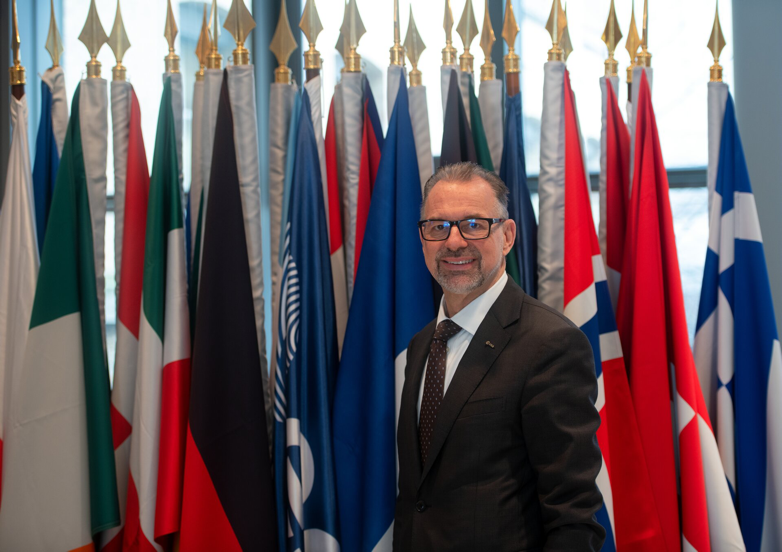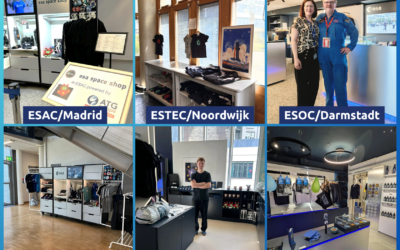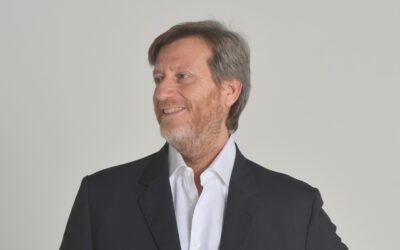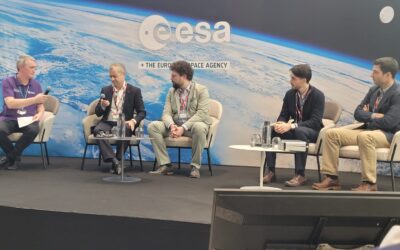The European Space Agency calls on the Old Continent to compete for Innovation
In office since March 1, Josef Aschbacher, the new Director General of the European Space Agency, quickly got down to depict his ambitious agenda for 2025 during a press conference that took place on Thursday the 7th of April. An event we couldn’t miss – Attracting private capital and boosting innovation are among ESA’s five priorities by 2025.
Our two visions aligned in a document that sets the Agency’s main priorities for the next four years, and the latter is not short of ambition. After having missed the turn of the Internet and Big Tech, Europe must avoid suffering the same fate in Space . At a time when the Old Continent is under pressure from futuristic companies like SpaceX, and in the future possibly from the likes of Blue Origin, Jeff Bezos’ space company. The new commercial markets, united under the improvised name New Space, are on the threshold of unprecedented growth.
“The whole question for Europe’s space policy is to know where it wants to go in the next ten to fifteen years”, emphasized Josef Aschbacher. As a notice, the European space budget has been improved to 13 billion euros for the period 2021-2027. The budget of the ESA, increased to 6.5 billion for 2021, or 12 euros per European citizen. But these budgets are considered pale in comparison to the 23.5 billion dollars allocated to NASA alone in 2021. With less money, Europe must be more skillful to innovate, influence the New Space market and maintain its autonomous access to space.
Challenge accepted. The new director believes that it is necessary to create public demand on the market for space traffic management, the collection and destruction of space debris – reward ourselves from risk-taking and finally better support start-ups. Also, the agency will make its technical expertise available to new projects co-financed by venture capital and “double its budget devoted to innovative technologies. This not only reflects our ambition but it will also generally support the development of demonstrators, third party contractors and facilitate in-orbit tests.
Subsequently, ESA wants to “boost the commercialization of space” in particular in data analysis, artificial intelligence and quantum communications. The agency also will seek to develop the space logistics market with in-orbit maintenance, manufacturing and recycling facilities
Last but not least, Josef Aschbacher wishes to contribute to safety and security in orbit by launching the first space weather observatory and a first asteroid deflection mission. Finally, the agency considers it crucial “to properly manage the transition to the operation of Ariane 6 and Vega C after their first successful flights in 2022”. ESA “will bring advancements in innovative technology” and encourage “competition” wherever it may come from.
With a clear focus on business, the new head of the Agency wishes to pave the way to a more innovative Europe and focus on “Making Space for Europe”. A call for innovation that ATG Europe wishes to answer, giving more space to the engineers and their innovation, casting aside the financial oversight and draw the competition in. A competition that will not only inspire us to exceed our expectations whilst enabling the others, but it will inspire the future generations to take risks and push the boundaries of the unknown.


Image Credits: ESA


